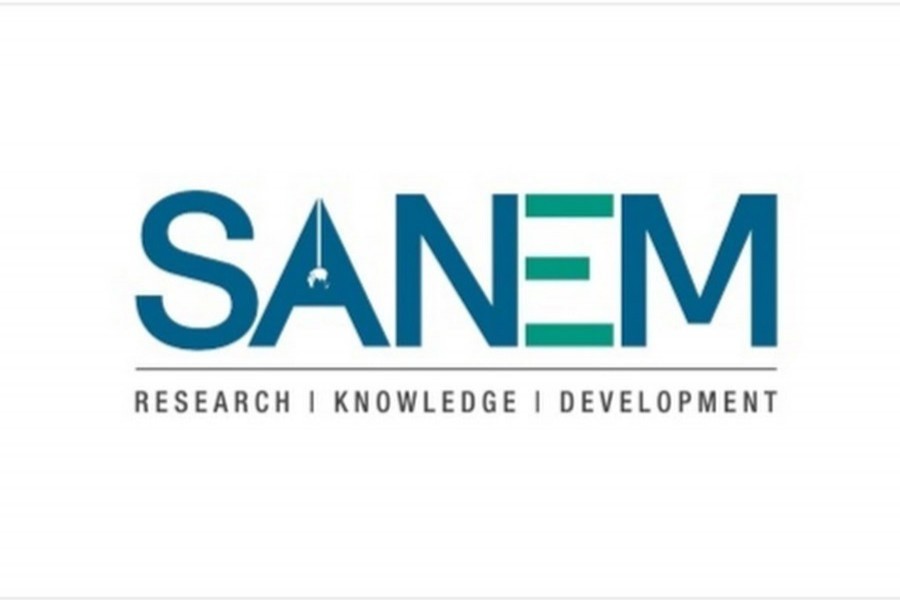
Published :
Updated :

Insufficient allocation, lengthy procedure, difficulty in bank-related services, and lack of information about the procedure left 68 per cent of businesses unable to avail the government's stimulus package, the South Asian Network on Economic Modelling (Sanem) said Sunday.
However, effective implementation of the stimulus package is critically important and assessment is urgently required on the package implemented so far. The packages need to be redesigned and expanded amid the current wave of Covid-19, they said.
The government should undertake a sectoral approach to gauge the needs and identify the necessary policy measures for the worst affected industries such as leather and tannery, light engineering, transport, retails, restaurants, food processing, they added.
Small and medium enterprises (SMEs) should be a priority in channelling the loans and stimulus packages. Also, effective implementation of the stimulus package is critically important. An assessment is urgently required on the stimulus package implemented so far, the experts suggested.
The observations came up at the webinar "Covid-19 and business confidence in Bangladesh: Findings from the fourth round of a nationwide firm-level survey."
Sanem, in collaboration with Asia Foundation, initiated the quarterly Business Confidence Survey in July 2020.
The third round of the survey was conducted in January and the fourth round in April 2021, which covered 253 firms from the manufacturing sector and 250 from the services sector.
"The sectors that need priority are light engineering, transport, retail, and leather and tannery as their recovery rate is slow. The stimulus packages are having positive impacts on the firms' recovery," Sanem Executive Director Selim Raihan said.
"The firms, on average, have been able to recover 57 per cent of their damages occurred during this pandemic (March 2020 -March 2021), according to the survey. It shows the firms have not got back to the pre-pandemic situation, and it might take a while for them to be able to do so."
Selim said the business confidence for April-June 2021 deteriorated compared to the one during January-March 2021; posing a threat to future businesses.
The survey also found that the majority of the stimulus package recipient firms were from the manufacturing sector - 82.7 per cent of all firms.
Amongst the industrial sectors, 58 per cent of the RMG firms received the stimulus package, whereas this rate is 40 per cent for the textile and 30 per cent for the leather industry. Also, it was the large firms who had greater access to the stimulus package: 46 per cent of the surveyed large firms received the stimulus package in contrast to 30 per cent medium firms and 9.0 per cent small firms.
Former lead economist of the World Bank Dhaka Zahid Hussain said recovery across the economy has been experienced to some extent; however, it has not been uniform across all sectors.
"Time and again, it has been evident that large firms are at an advantage compared to micro and small firms. Large firms often have more influence and power, leading to better bargaining power and hence, giving them better access to stimulus packages," he added.
Dhaka Chamber of Commerce and Industry President Rizwan Rahman said the central bank and monetary institutions must formulate strict guidelines for the banking sector to ensure that loans are disbursed to small and micro-enterprises.


 For all latest news, follow The Financial Express Google News channel.
For all latest news, follow The Financial Express Google News channel.